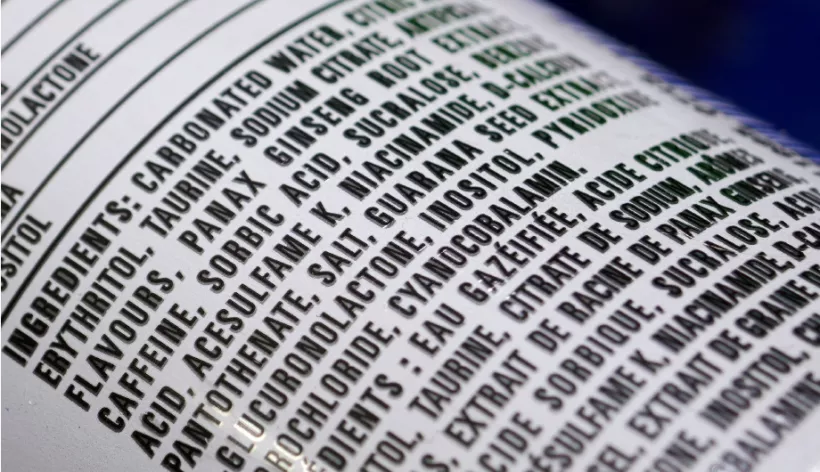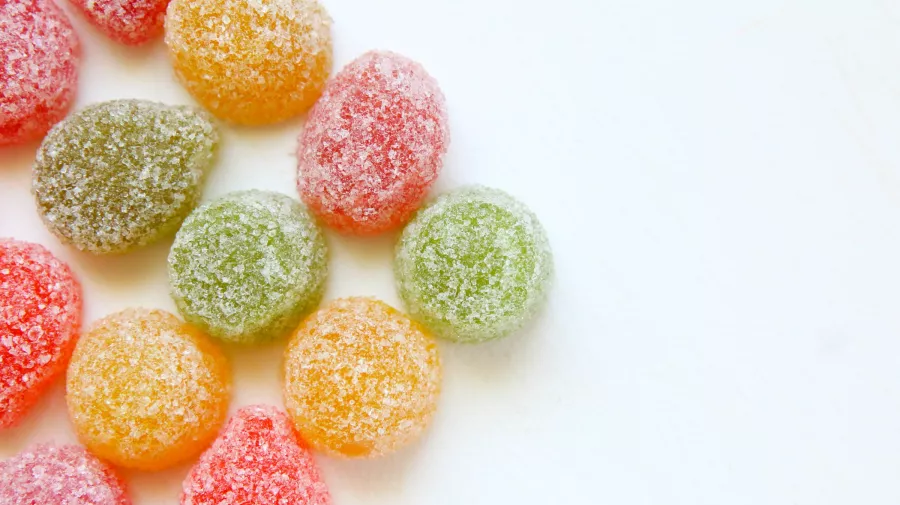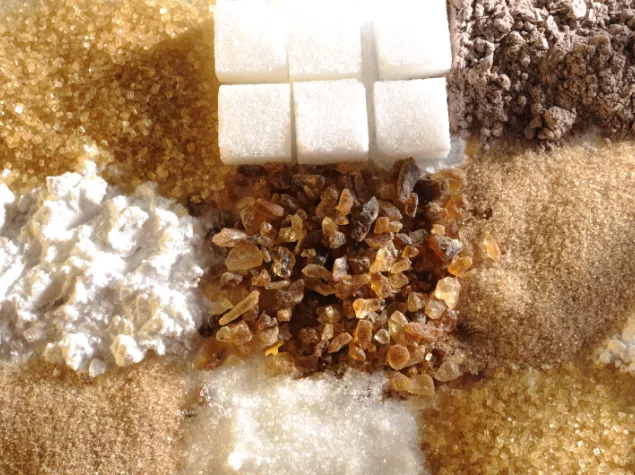
Exploring non-sugar sweeteners
Non-sugar sweeteners (NSS) have been developed as an alternative to free sugars. They may be referred to by a variety of names, including:
- low- or no-calorie sweeteners
- high-intensity sweeteners
- non-nutritive sweeteners
- non-caloric sweeteners
- bulk sweeteners
- sugar-substitutes
They are widely used as an additive in pre-packaged foods and drinks, as well as added to foods and drinks directly by the consumer. NSS contribute no calories or a low amount of calories to the final product. They are incorporated into pre-packaged foods and drinks in a number of ways, including individually, in combinations of different NSS, or in combination with sugars.
If NSS are being used to replace sugars in pre-packaged foods and drinks, additional ingredients are often needed to maintain the same mouth-feel, taste and technical characteristics (e.g., colour and extended shelf-life) that sugars provide. For example, starches, fats or oils, which all provide calories, may be used to replace the volume, texture and mouthfeel that sugar provides (1,2). This means that reduced sugar products sweetened with NSS may not always be lower in calories than sugar-containing products, and in some cases may be higher in calories (1,2).
NSS can be split into two types, high-intensity sweeteners and bulk sweeteners.
High-intensity sweeteners
These NSS are many times sweeter than sugars, which means very small amounts are needed to deliver the same sweetness. Each sweetener has a unique structure, taste profile and is processed by the body differently. Most of the high-intensity sweeteners on the market are synthetic ("artificial"). Examples include:
- Acesulfame-K
- Aspartame
- Cyclamate
- Neotame
- Saccharin
- Sucralose
A small number of high-intensity sweeteners originate from plants [e.g., steviol glycosides (although some are produced using enzymes), thaumatin and monk fruit extract].
Bulk sweeteners
Also known as polyols or sugar alcohols, bulk sweeteners are hydrogenated sugars. They are found in nature in small amounts and have a similar sweetness to sugar. Examples include:
- Erythritol
- Isomalt
- Lactitol
- Maltitol
- Mannitol
- Sorbitol
- Xylitol
Bulk sweeteners can have a laxative effect if consumed in high amounts. In some countries a warning label, to this effect, is required.
Labelling of NSS

Labelling requirements for NSS vary around the world but, in general, the presence of NSS must be indicated in the food or drinks ingredient list, either by its name or, in Europe, by its E number. In some countries, the presence of sweeteners must also be declared on the front-of-pack. In other countries, such as Mexico, a front-of-pack warning label stating “contains sweeteners, avoid for children” is required (3).
In recent years there has been a rise in products containing NSS that carry “No/Reduced sugar” claims on their labels (4). Because many consumers believe that products labelled ‘Reduced sugar’ contain fewer calories than the original product (4–7), there is a call in some countries, such as the US, for products to carry a “Not lower in calories” label, when the total calories are higher or the same as in the original product.




